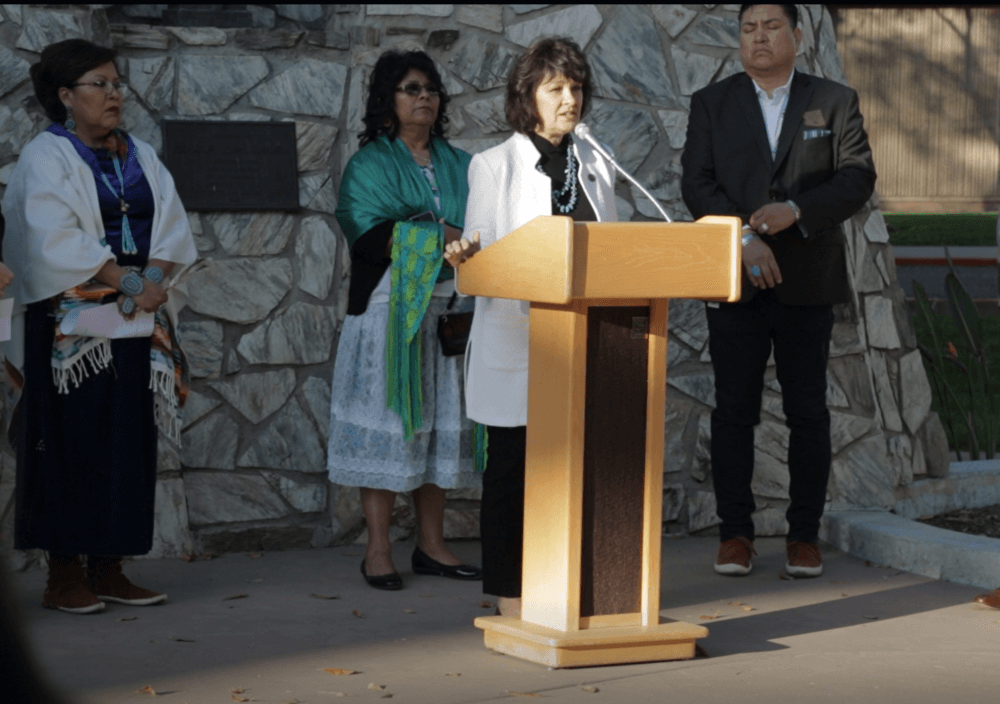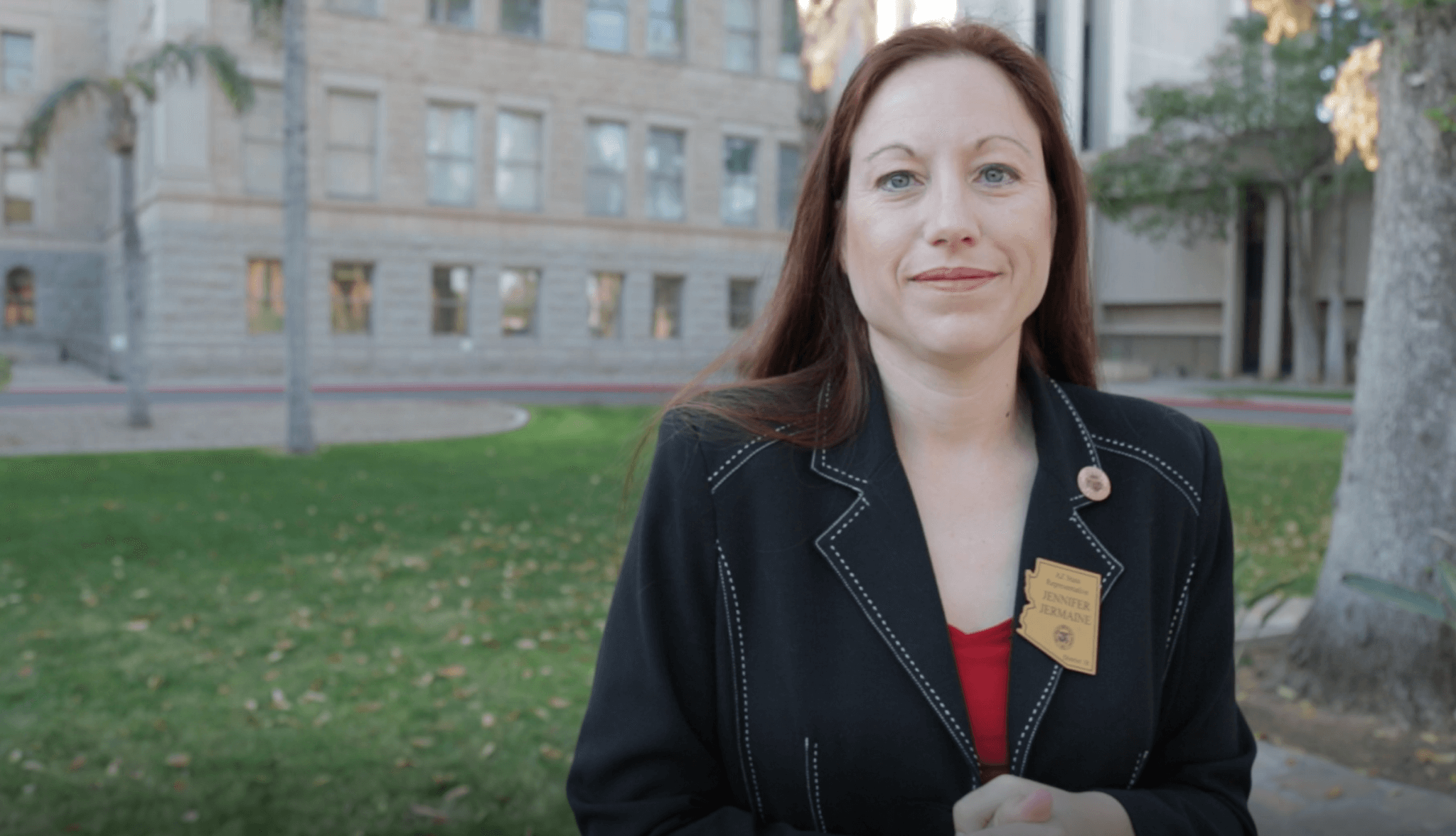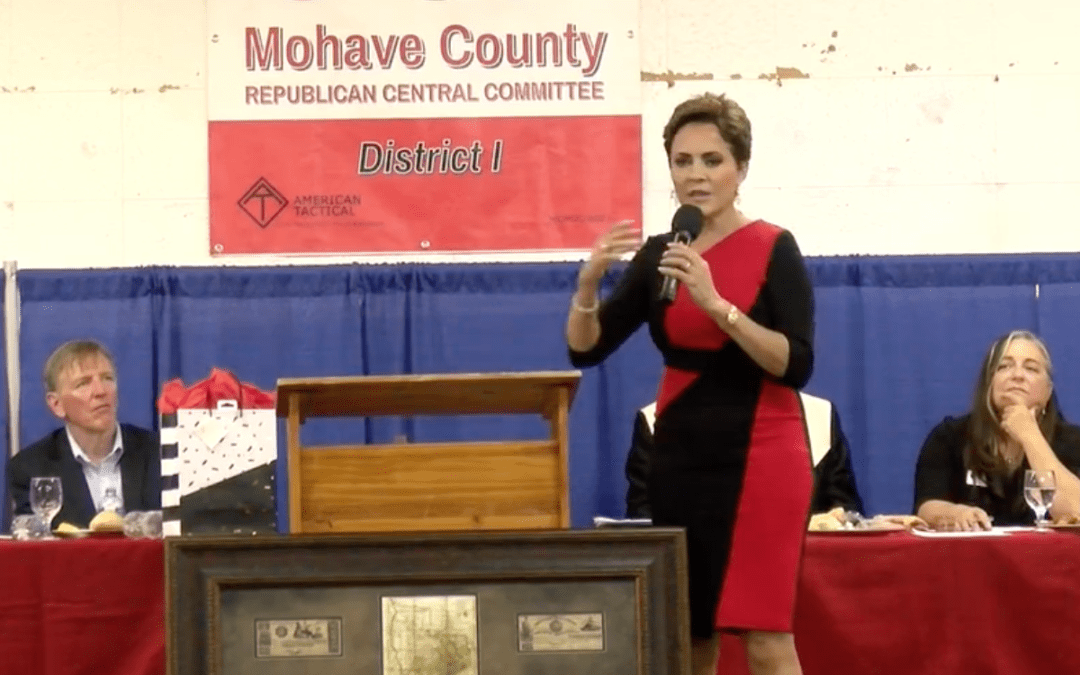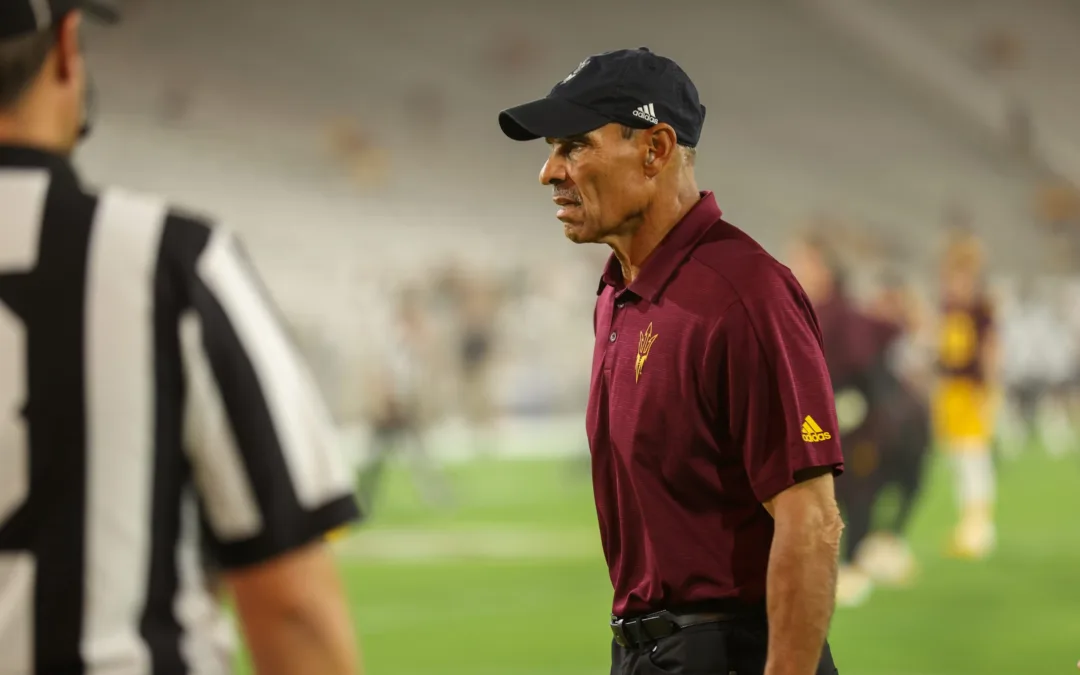
State Sen. Victoria Steele, D-Tucson, speaking at a press conference of the Indigenous Peoples Caucus at the Arizona Capitol Wednesday (Photo by Harrison Mantas).
The Indigenous People’s Caucus gathered at the State Capitol this week to rally comprehensive legislation that will continue to improve and maintain the rights of indigenous communities.
Protecting the rights of women, groundwater, and the sanctity of sacred tribal sites were prominent topics during a press conference held by the Indigenous People’s Caucus at the State Capitol on Wednesday.
During the event, State Sen. Victoria Steele, D-Tucson, and Rep. Jennifer Jermaine, D-Chandler, talked about the importance of their continued work with the Missing and Murdered Indigenous Women’s Task Force.
Steele, who is of Seneca and Mingo ancestry, said her focus would be on “the rape and abuse of our women and girls… and the rape of our mother earth.” According to data from the National Congress of American Indians, four out of five Native women have experienced some form of violence.
Steele said she would be proposing legislation that takes away the parental rights of rapists in Arizona. According to the National Conference of State Legislatures, Arizona Revised Statute 25-416 requires a conviction in order to have an alleged rapist’s parental rights removed. According to the Rape, Abuse & Incest National Network, a non-profit organization that supports victims, current Arizona law is mum when it comes to alleged perpetrators without a conviction.
“Yes, that is a thing in Arizona,” Steele told the handful of onlookers gathered outside the Capitol.
Jermaine, who sponsored legislation last year that established the task force, said jurisdictional confusion is one of the main issues the task force is working to solve – especially in cases of murdered indigenous women.

“Everybody’s dropping the ball and nobody’s working together, so our biggest focus is getting everybody working together to solve murders,” she said.
Jermaine also highlighted legislation she is working on to create a state definition of what a missing person is. Currently, in Arizona law, A.R.S. 41-1728 addresses missing seniors as it pertains to the silver alert system, and A.R.S. 8-810 defines a missing child, but there is no definition of a missing person in Arizona law.
President Donald Trump signed an executive order last year that created a federal task force to address missing and murdered indigenous women through better coordination between the Justice Department and Department of Interior, and consultation with tribes to improve data collection and sharing among agencies. Jermaine said Arizona’s task force has already been working closely with the federal government, so the two efforts have the potential to collaborate.
“We have statutes that define missing children, but we have nothing that defines missing adults or missing vulnerable adults,” Jermaine said. She added that while there is a federal definition, nothing in Arizona statutes define “what police should be looking for.”
In addition to addressing issues facing indigenous women, Steele advocated for requiring water metering on large scale agriculture. Current state law only requires metering in so called “active management areas” around Phoenix, Tucson, Prescott, and parts of Pinal and Santa Cruz counties.
The Arizona Republic reported massive water table drops across the state including in Steele’s District 9 in north Tucson, attributing this to large scale farming outside the active management areas. She argued that metering will give the regulators the necessary data they need to prevent what she called “large corporate farms” from depleting ground water levels.
“That has to change. We need to know how much water is being taken out,” Steele said.
Two bills working their way through the legislature offer varying approaches to water metering expansion, KJZZ reports. One solution, sponsored by Rep. John Kavanagh, R-Fountain Hills, would expand the Arizona Department of Water Resources authority to require metering outside “active managed areas.” Another bill, from Rep. Kirsten Engel, D-Tucson, would require metering on all large-scale agriculture.

Another topic discussed during the press conference was the importance of protecting sacred Native American sites in Arizona.
Rep. Myron Tsosie, D-Chinle, used his time at the lectern to talk about the House Committee on Natural Resources, Energy and Water’s move to deny a three-year extension of the Arizona Archeological Council. The non-profit, voluntary association advises the state Historic Preservation Council and enforces state and federal laws to protect cultural resources.
The Arizona Capitol Times reported ranchers have complained the council’s regulations are burdensome and go beyond federal requirements, whereas tribal officials noted that sacred sites are not limited to the boundaries of their reservations.
Ranchers wanting to make land improvements are required to get an archeological study. According to the Capitol Times, ranchers feel the Council slow walks this process.
Rep. Gail Griffin, R-Hereford, proposed legislation Wednesday to extend the council until July 2021. She told KJZZ, “We don’t want to step on the rights of ancestors. We just want a timely process.”
Tsosie said he would be working on legislation to protect the commission, and increase oversight over archeological and sacred sites.
“That is the history of Arizona, and we need to make sure we protect that,” Tsosie said.
Politics

Kari Lake calls on Arizona county sheriffs to enforce 1864 abortion ban
Republican candidate for US Senate Kari Lake on Saturday seemed to solidify her support for Arizona’s total abortion ban and called on county...

VIDEO: Arizona Rep. Greg Stanton ‘We will not stay silent’ on abortion ban
@coppercourier "Under this extreme law, women will die, and their doctors and nurses will be criminalized. This cannot stand," Rep. Greg...
Local News

6 terrifying things that could happen if the Comstock Act is used to target abortion
Does 1873 sound like a really, really long time ago? Well, that’s because it is—but if Republicans and far-right anti-abortion activists have their...

ASU football slapped with probation due to violations during Herm Edwards era
The violations described in the NCAA statement include impermissible in-person recruiting contacts while the state of college athletics was...



